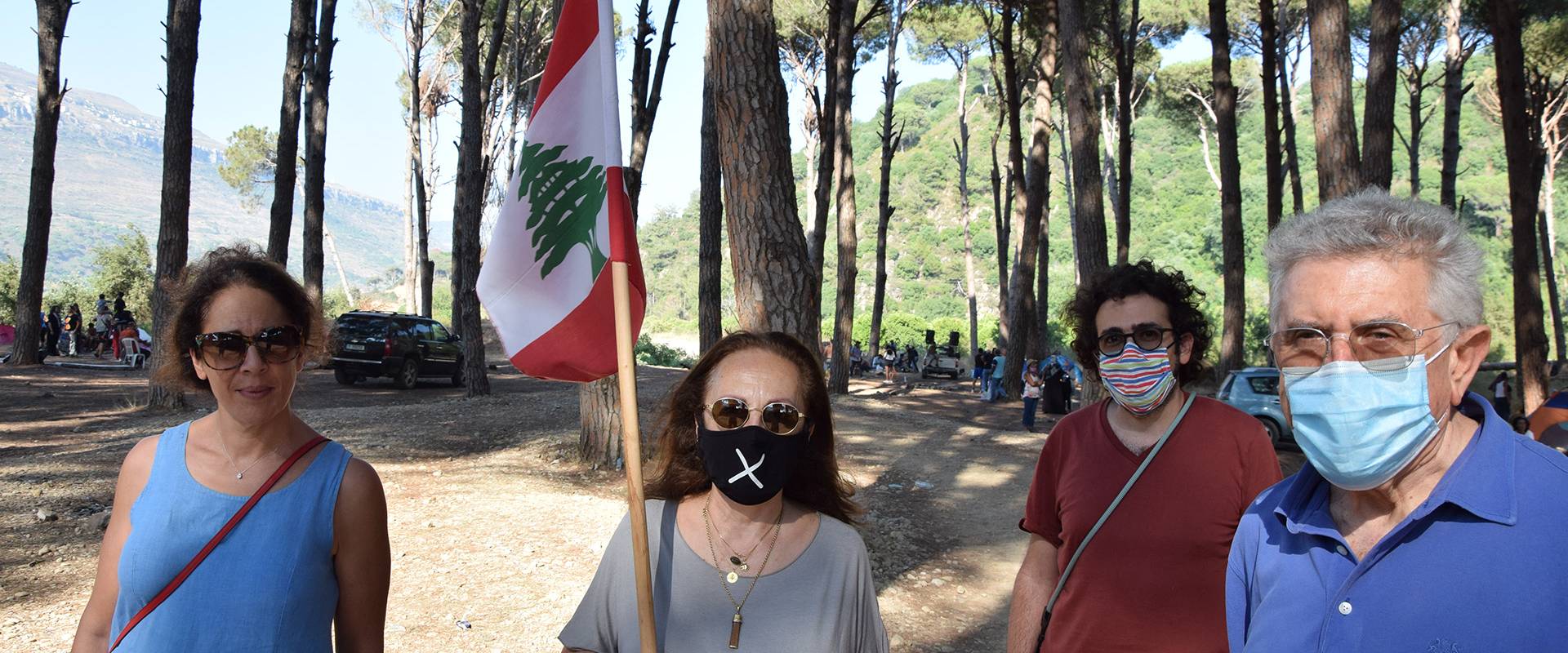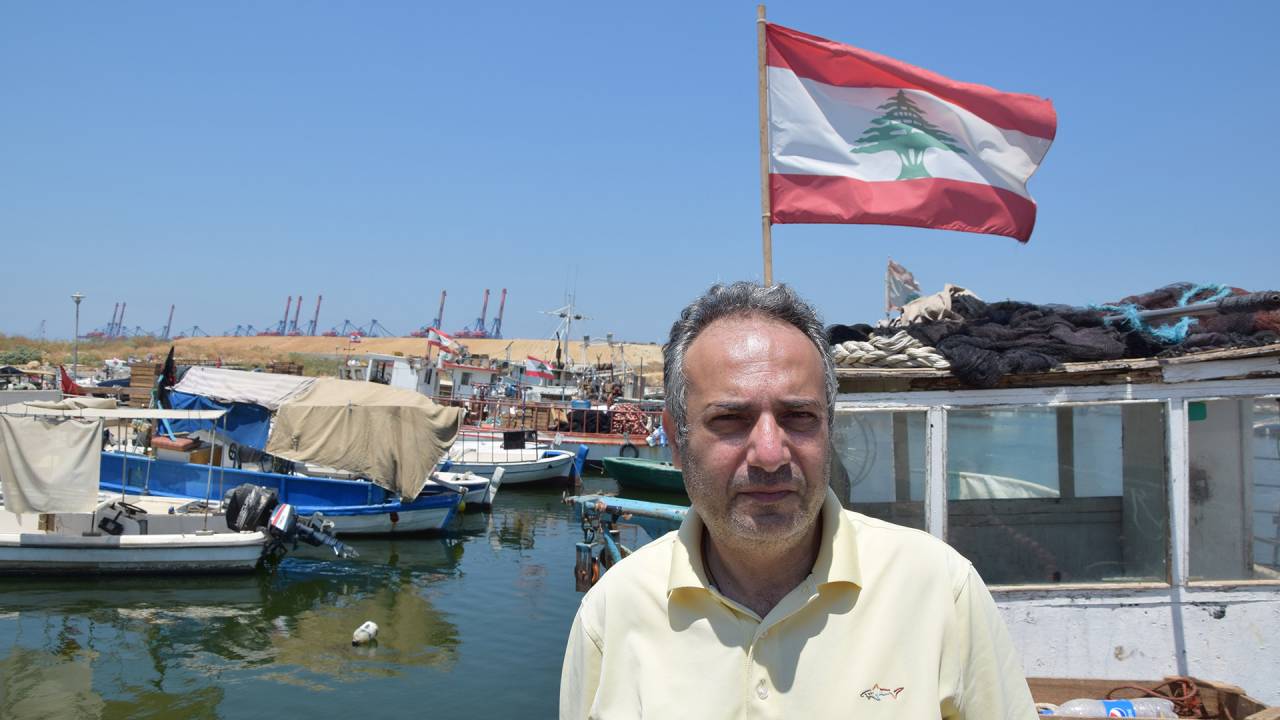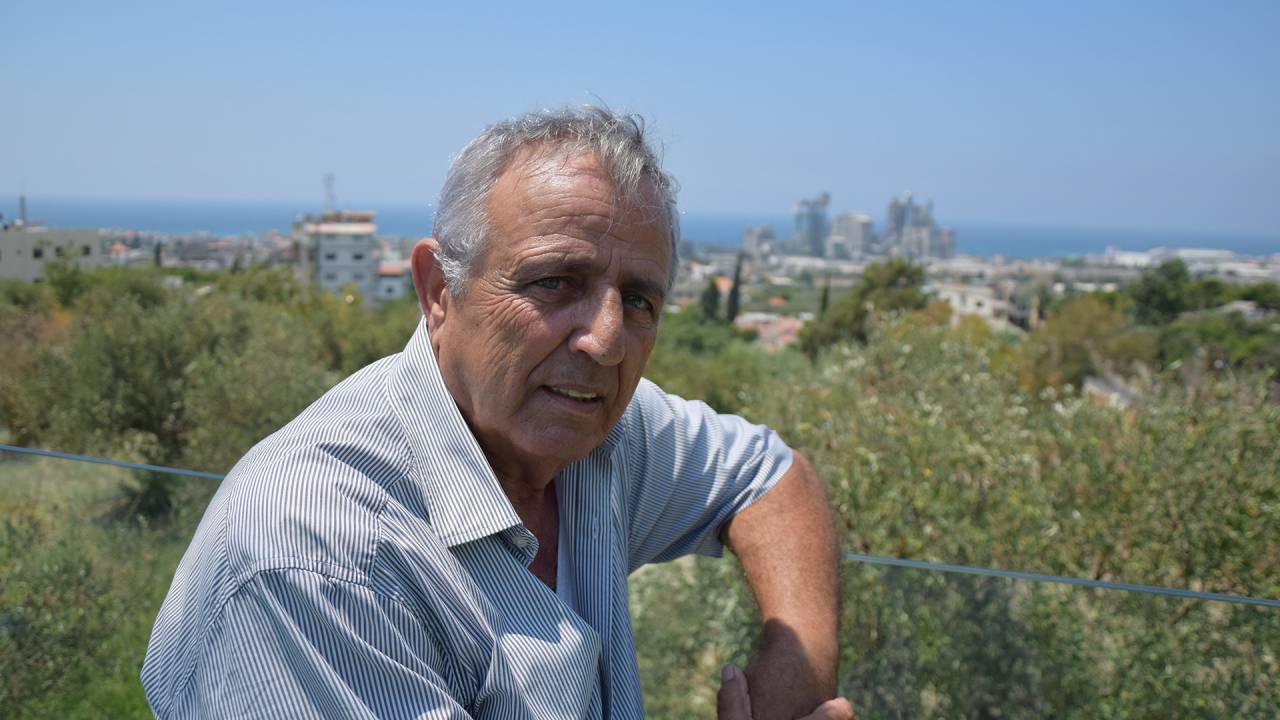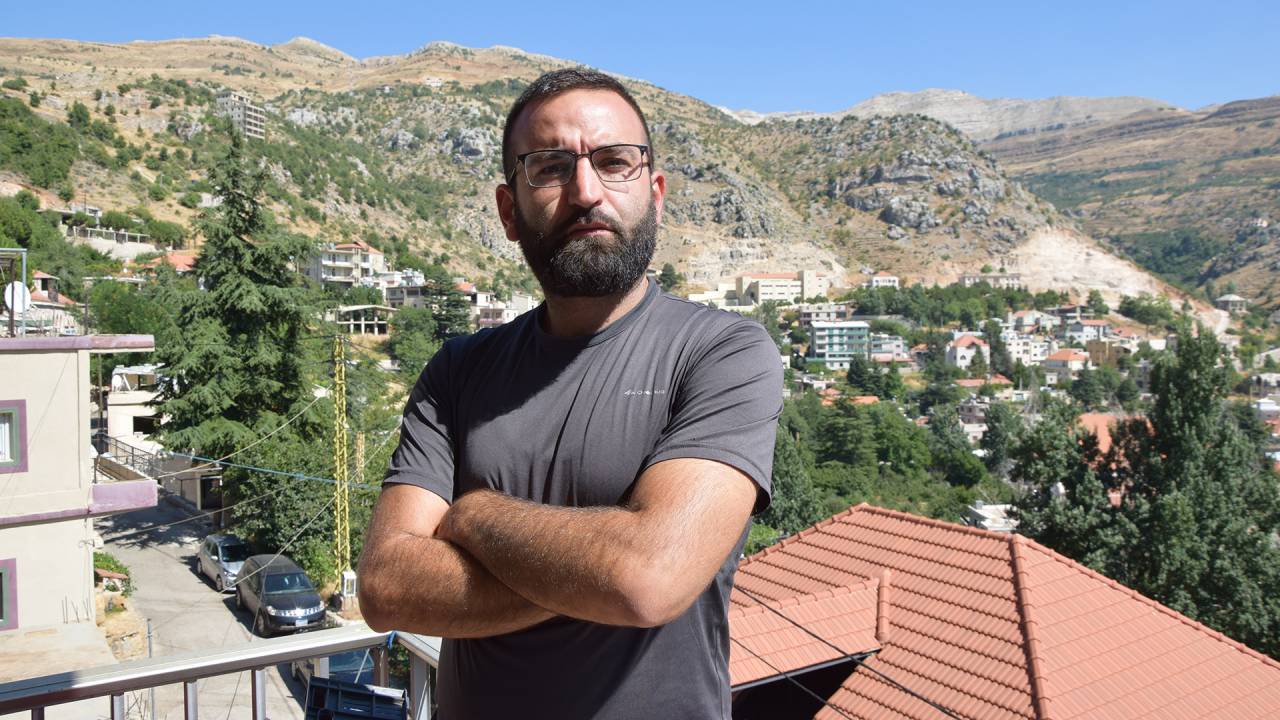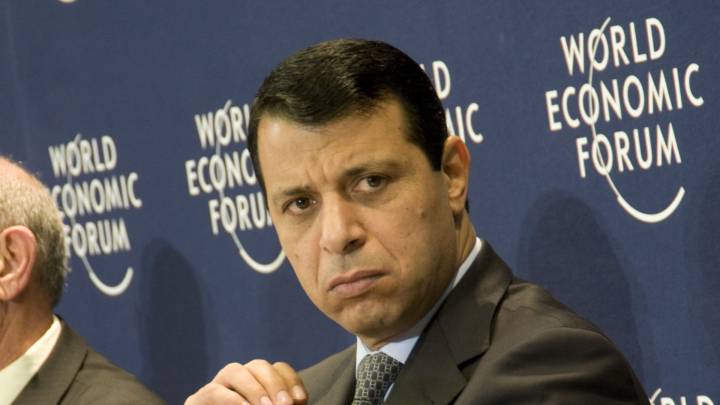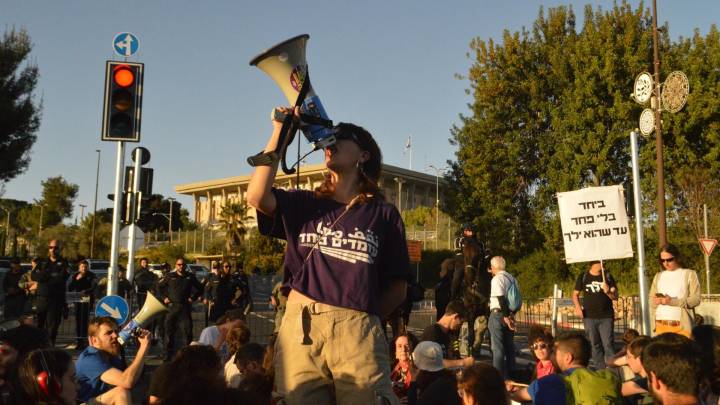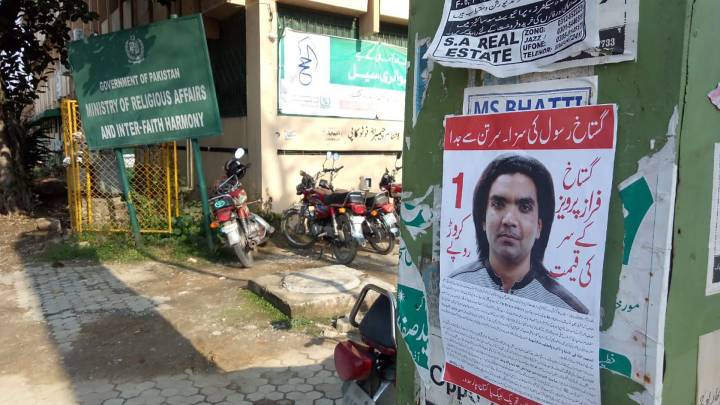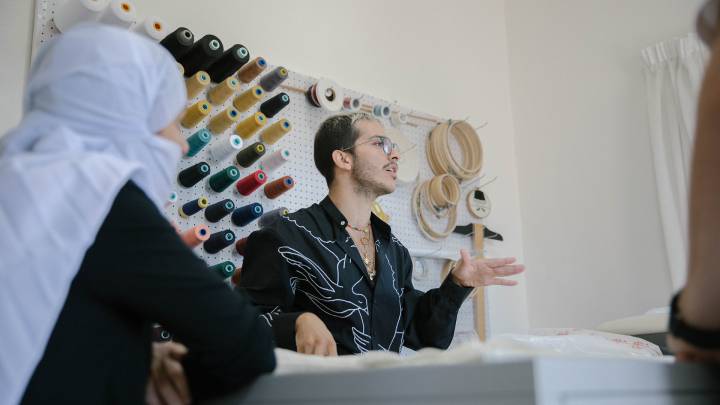The cancellation of the Bisri dam project is a stunning victory for Lebanon’s environmental activists. And they have no intention of stopping.
On September 5, the World Bank announced the cancellation of its loan for the Bisri Dam Project, pulling key funding from the country’s most controversial construction plan. In the end, the incompetence of the government came to the help of its opponents. The World Bank declared that the Lebanese administration had not managed to finalise key agreements at the given deadline. It complained about the “non-completion of the tasks that are preconditions to the commencement of construction", although an extension had been granted since July. Among the unfinished duties was the finalization of an ecological compensation plan.
Controversy had marked the Bisri Dam project since it was proposed in 1953. The plan came closer to realization in 2014 when the government approved the World Bank leading the project under its Water Supply Augmentation Project of Lebanon. Of the total cost of 617 million dollars, 474 million were to be provided by the project funds. A 244 million dollar portion of the loan has now been cancelled.
“This project allows the political elite to claim big achievements, especially at a time when the legitimacy of the political system in Lebanon is being really shaken”, said Roland Nassour, one of the key activists of the Save Bisri campaign. The dam was supposed to be built in a valley 30 kilometres south of the capital Beirut and was reportedly intended to supply drinking water as well as irrigation for 1.6 million residents. But locals and environmentalists feared irreversible damages to the region’s rich ecosystem. Furthermore, the dam project had been surrounded by allegations of corruption as Gebran Bassil, the son-in-law of President Michel Aoun and former energy minister, pushed plans for the construction of the Bisri dam along with 13 other barrages.
Nawal Meouchi was among the Lebanese who had been coming regularly to Bisri to protest the potentially harmful project. The 72-year-old lawyer from Bikfaya, a town northeast of Beirut, often demonstrated with other members of her family. She now rejoiced about the “uplifting news in a time when there is not much that gives us hope”, pointing to Lebanon’s unprecedented economic crisis, hyperinflation and the August 4 explosion in Beirut, which killed more than 200 people and devastated large parts of the capital. The World Bank in its cancellation statement explicitly declared that “undisbursed amounts from the Bisri project could be used most effectively to respond to the emerging needs of the Lebanese people“ in the wake of the disastrous blast.
“We have been seriously demonstrating for 18 months”, said Meouchi about the success of the Bisri activists, “people from all over the country were involved, including lawyers and environmentalists.” The mother of three children pointed to the importance of “facts and figures” which the activists presented in the media: “The World Bank could not ignore us.”
Nawal Meouchi pledged to now concentrate on the next task at hand: stopping the proposed Selaata power plant, another pet project of Gebran Bassil and his Free Patriotic Movement (FPM), also mired in controversy.
Paul Abi Rachid will surely be on board then, as the 52-year-old lawyer has been at the forefront of virtually every environmental battle since 1988. “Back then, few people placed any importance on the environment”, explains the founder of T.E.R.R.E. Liban, an NGO devoted to the creation and implementation of environmental education in the country. Today, Rachid presides over the Lebanon Eco Movement, an umbrella organization for 60 NGOs in the field.
“There is a link between the environment, the economy and the social life of the citizens”, explains Paul Abi Rachid referring to the example of Bisri, where not only the livelihood of farmers in the region was at stake. He had also been part of the campaign to close the Naameh landfill south of Beirut prior to 2015: “This was our awakening.” The ensuing waste crisis – or rather the ineptitude of the government to find an alternative dumping site – pushed people in the capital to the streets in the so-called “You Stink” protests. “This in turn was a precursor for our revolution”, said Abi Rachid about the mass demonstrations that erupted all over the country in October 2019. The thawra was also caused by massive wildfires, another environmental issue. Thus the connection between ecological problems and social unrest becomes clear.
While the revolution has since galvanized support for environmental action, some successes in the past have been reached by hard-fighting individuals, men like Pierre Abi Chahine. The 70-year-old former petroleum engineer looks far from how people in Europe might imagine an environmental activist. Chahine drives a big Cadillac Sedan and used to own an oil-recycling factory in his native town of Chekka in North Lebanon.
It was the daily pollution of the nearby cement factories that pushed him to action in the early 1990s. “They emitted 80 tons of dust every day”, says Abi Chahine in his garden that overlooks the plants and the Mediterranean Sea. Abi Chahine lobbied local politicians and government officials to push for a reform plan. After a few years, the operators of the factories were legally obliged to install filters. Today the air of Chekka is mostly dust-free. “But I had to follow up the process because the factories were then expanded”, says Abi Chahine who also used Facebook groups in his campaign.
Only two years ago, new filters were installed in the Chekka factories. Asked about the slow response by the authorities to the issue Pierre Abi Chahine shrugs: “This is because we are in Lebanon and because I was alone.” In spite of the many frustrations he is now content with the result: “It shows that you can achieve some change in this country, if you are persistent.”
Important factors for success are also local credibility and connections. Youssef Rami Fadel has both. Like Pierre Abi Chahine, the 31-year-old native of the mountain town Tannourine also does not look much like a typical environmentalist. He once studied to become a Maronite priest and now works as a trekking guide and Air-BnB host. His apartment is decorated with a self-painted icon of Jesus and a curious collection of foreign coins, stones and figurines.
Fadel founded the group Huras al Qumam, the Guardians of the Peaks, to fight another local dam project for which a quarry near his home was being proposed. “They needed 1.5 million cubic meters of rocks to fill the lake”, he explains, “they wanted to take it from a location close to here, at 2,200 meters.” With the help of Geologist Dr. Samer Zaatiti and the power of their local contacts, Youssef Rami Fadel and his fellow campaigners managed to convince the Tannourine municipality to scrap the project, thus also saving the habitat of many jackals, foxes and hyena, among other species. “My village is my home, as are these mountains. If someone wants to destroy them that is like an attack on me”, says Fadel.
While he places key importance on local engagement, Fadel also acknowledges the need to intervene nation-wide. Along with his father he travelled three hours weekly to Bisri to join the demonstrations. The cancellation of the dam project shows that they have to continue, on the local and the national level, says Youssef Rami Fadel: “This success is a great motivation for all of us.”
Thore Schröder is a Beirut-based freelance journalist who works for different German media outlets, among them Spiegel, Zeit, Tagesspiegel and zenith. He is also one of the editors of the Lebanon Chronicles and has produced the podcast series Trablous Talk.
The content published on the Lebanon Chronicles channel is supported by the Konrad-Adenauer-Stiftung (KAS). The views expressed in these articles are those of the respective authors and do not necessarily reflect those of the KAS.

